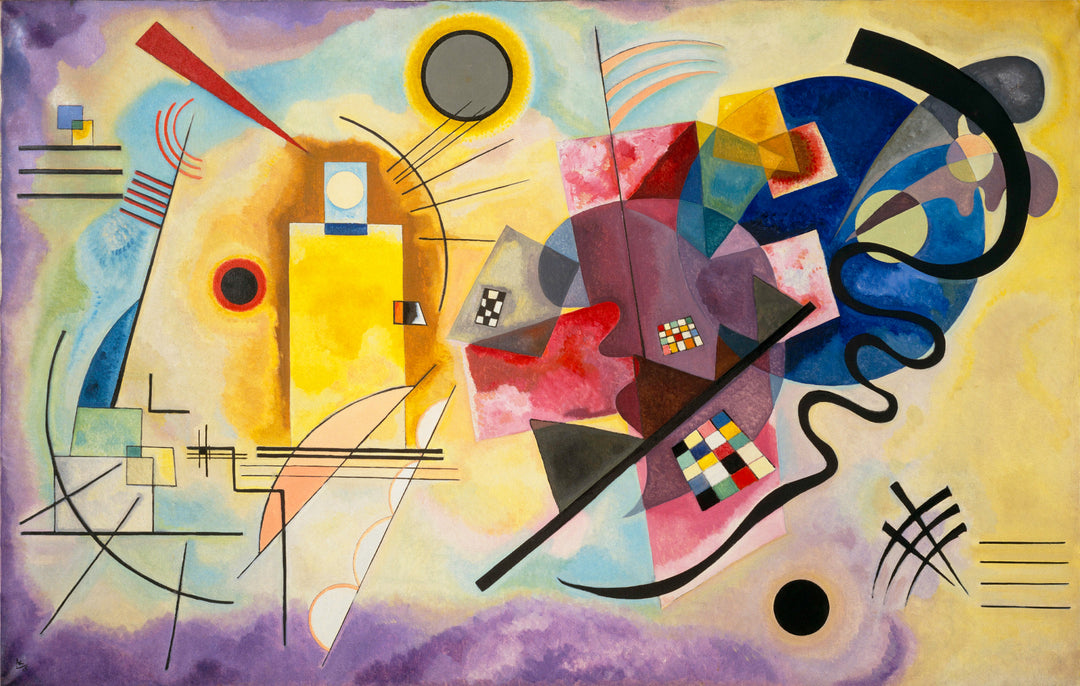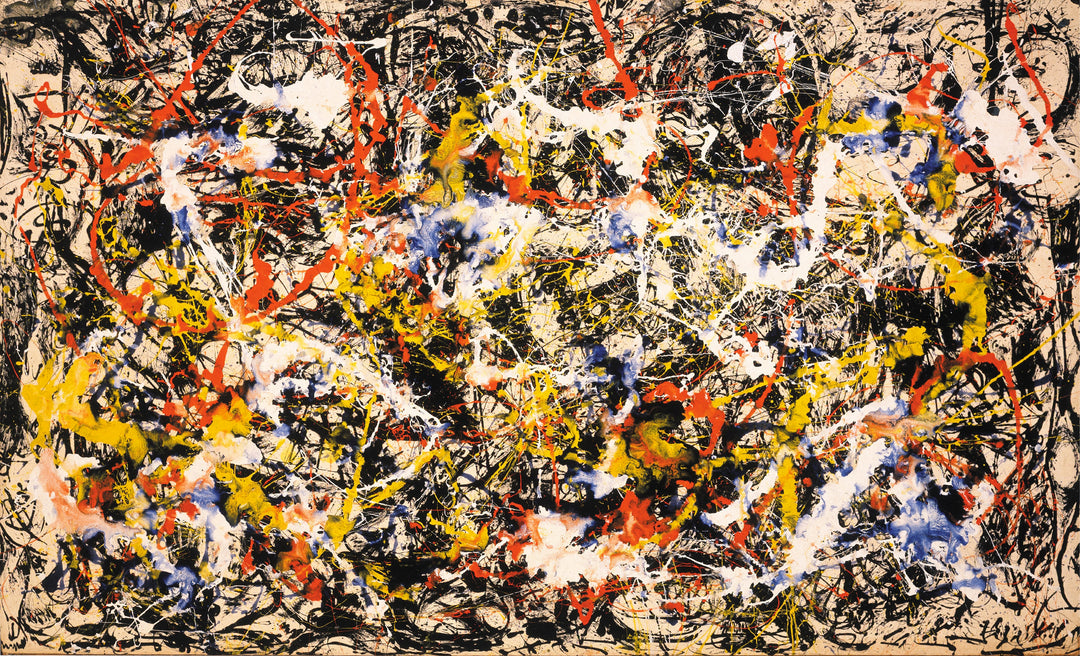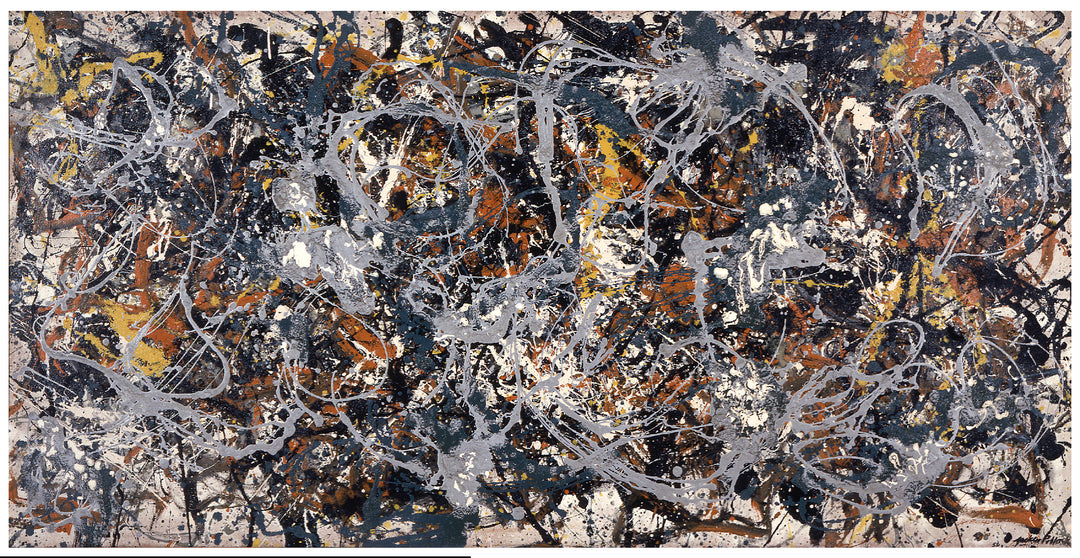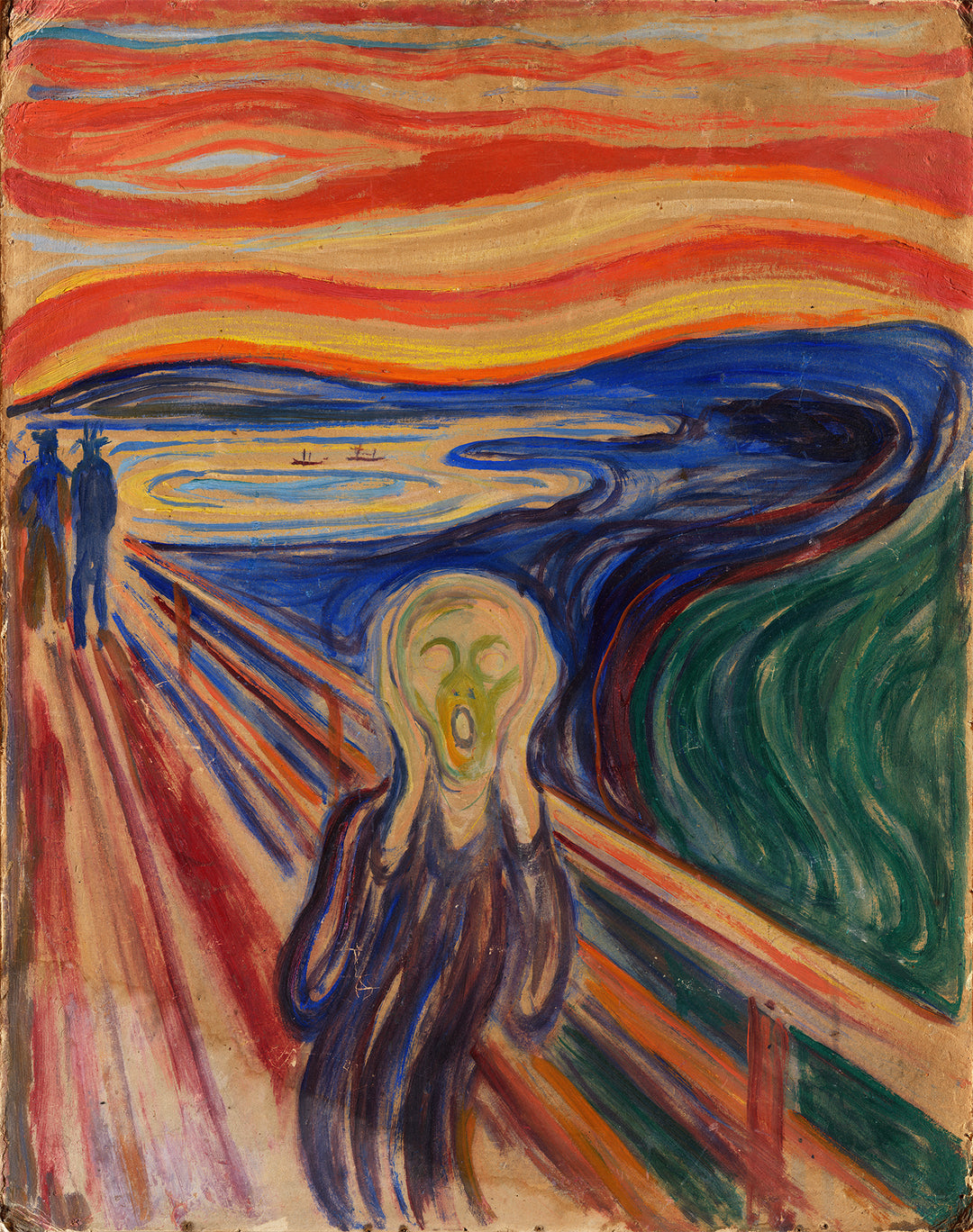
Expressionism
Expressionism is an artistic movement that emerged in the early 20th century, prioritizing subjective and emotional representation over objective reality. Originating in Germany, this movement is characterized by the use of intense colors, distorted lines, and exaggerated forms to convey deep feelings and personal visions of the world. Expressionism was influenced by symbolism and post-impressionism, both of which also focused on the emotional and subjective representation of reality.
Within expressionism, three representative painters stand out: Edvard Munch, Egon Schiele, and Wassily Kandinsky. Munch, known for his work "The Scream", captured human anguish and despair in his paintings. Schiele, on the other hand, is famous for his distorted portraits and human figures that express vulnerability and pain. Kandinsky, considered one of the pioneers of abstract art, sought to express spirituality and emotions through abstract forms and colors.
Expressionism also had a significant influence on later artistic movements such as surrealism and abstract expressionism. Artists like Jackson Pollock and Mark Rothko took the emotional intensity and freedom of forms from expressionism to develop their own styles in the abstract realm. Furthermore, expressionism influenced cinema, literature, and theater, promoting an artistic vision that values subjectivity and individual experience.


















